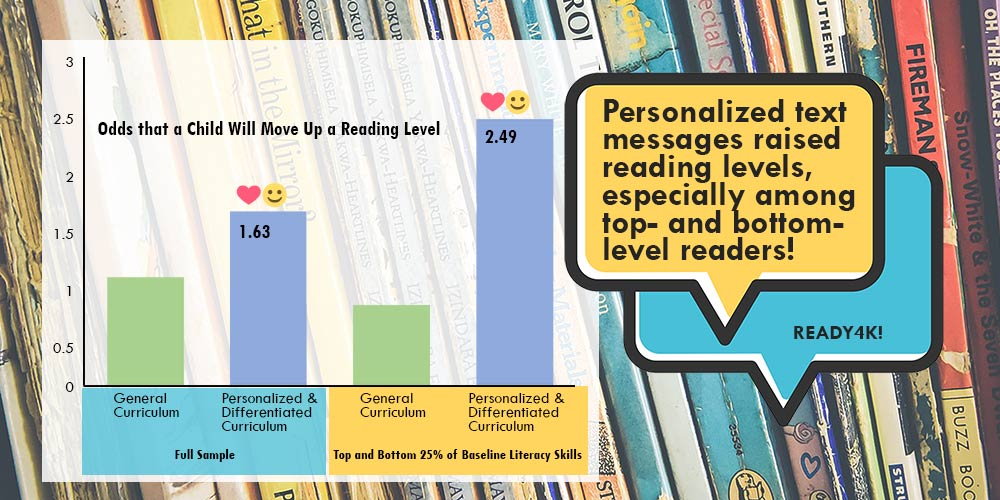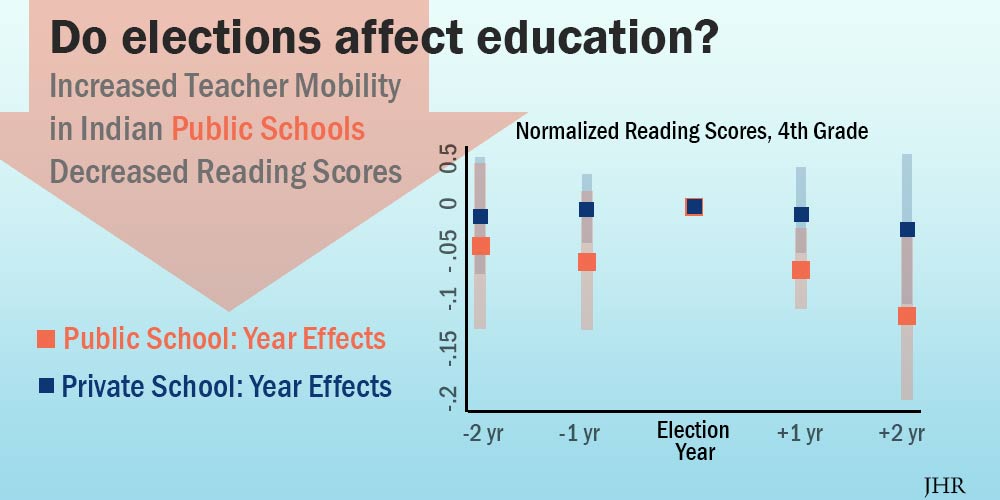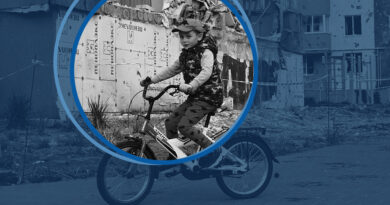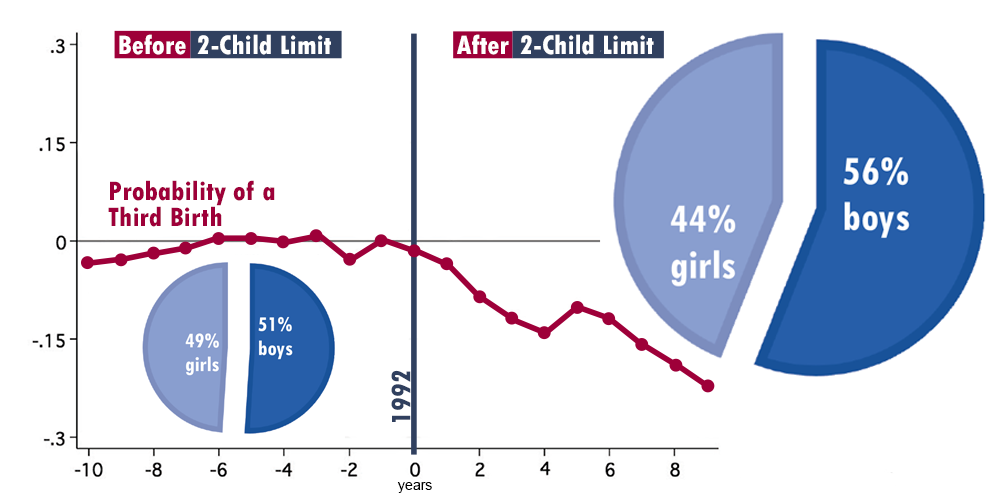Text-Messaging Parents Can Help Kids Learn to Read—Especially If the Curriculum Is Personalized and Differentiated
Educational interventions based on behavioral economics principles have shown promise for combatting some of the persistent disparities in education outcomes. Researchers have studied text-messaging “nudges” and found them to be successful at all levels of education, from pre-K to the transition to college.
With this in mind, Christopher Doss, Erin M. Fahle, Susanna Loeb, and Benjamin York dug deeper to look at how personalizing text messages to the recipient could make a difference. Their work aims to identify the importance of personalization and differentiation within a text-messaging program designed to help parents of kindergarteners support the literacy development of their children at home.
They randomly assigned parents to one of three conditions: (1) a control group, (2) a 10-month general version of the READY4K! kindergarten curriculum that uses text messages to help parents engage in activities to improve their child’s literacy, or (3) a 10-month personalized and differentiated version of the curriculum.
READY4K! aims to reduce parents’ challenges associated with helping children learn to read by providing easy-to-implement literacy activities that leverage everyday household materials and routines. All parents in the general curriculum group receive the same activities. In the personalized and differentiated group, the activities are harder or easier based on the child’s skill level, and parents are told the activities are based on the results of their child’s formative assessment.
Children of parents who received the personalized and differentiated text messages were 63 percent more likely to move up a reading level compared to children of parents who received the general curriculum and the control texts.
Interestingly, the results were driven by students who scored at the bottom and top 25 percent of their peers on baseline literacy assessments and therefore received the most differentiated texts.
These results suggest that these gains are generated by matching the skill level of the child to the difficulty of the activity. The results also imply that text-messaging curricula do more than maintain parents’ attention and “nudge” them to interact with their children. Rather, parents engage in the texts, and any intervention that ignores a mismatch between the difficulty of the task and the ability of the parent and child to carry out the task may not be as effective.
Read the full study in The Journal of Human Resources: “More than Just a Nudge: Supporting Kindergarten Parents with Differentiated and Personalized Text-Messages” by Christopher Doss, Erin M. Fahle, Susanna Loeb, and Benjamin York.
***
Christopher Doss (@Chris_J_Doss) is an Associate Policy Researcher at the RAND Corporation. Erin Fahle (@FahleErin) is a graduate student at the Stanford Graduate School of Education. Susanna Loeb (@SusannaLoeb) is the Barnett Family Professor of Education at the Stanford Graduate School of Education. Benjamin York is the founder and Chief Executive Officer of ParentPowered Technologies.




